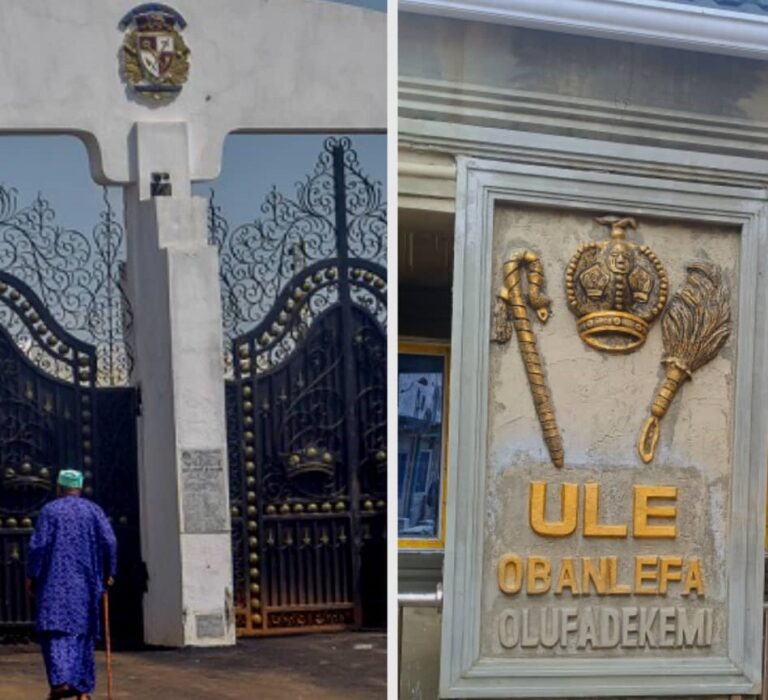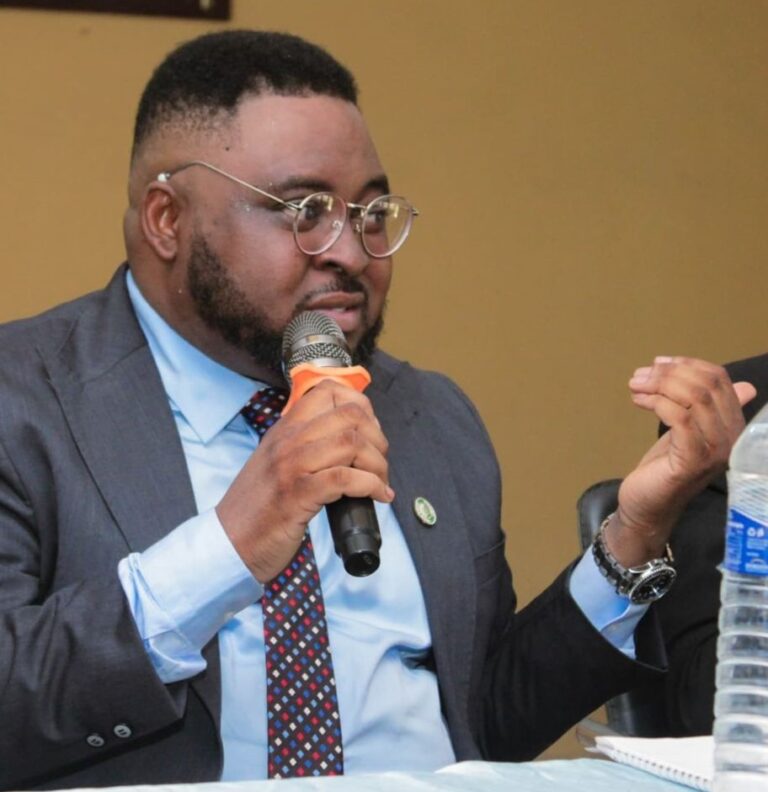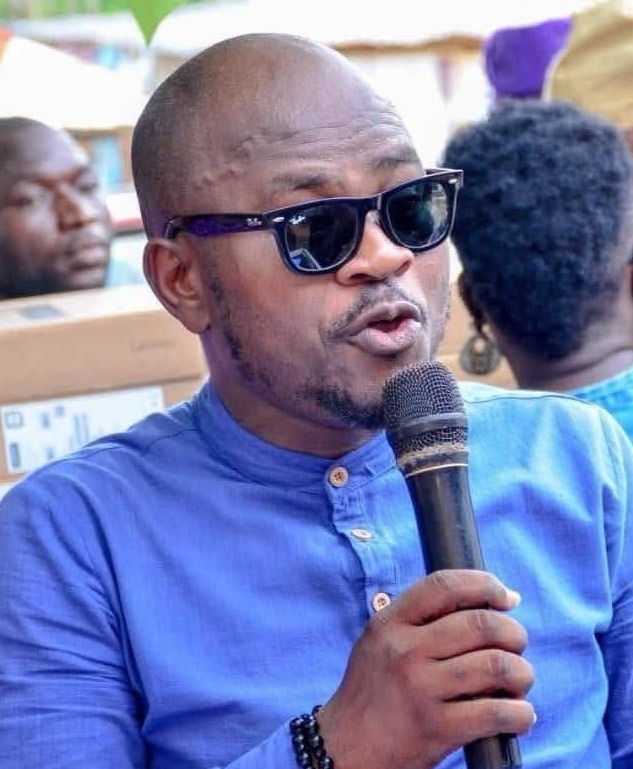
Nigerians Push for Solar Jobs and Reliable Power, but Challenges Persist
In a country blessed with abundant sunshine, Nigeria’s potential as a solar energy leader remains largely untapped. Plans for 14 large-scale solar farms, envisioned to revolutionize the nation’s electricity sector and provide jobs, have stalled due to bureaucratic hurdles and financial uncertainty.

“We were very excited because we were pioneers,” said Najim Animashaun, managing director of Nova Solar Power, who was involved in one of the ambitious projects announced in 2016. Those hopes faded when Nigeria’s government failed to provide the financial guarantees developers needed to move forward.
Despite soaring demand for clean energy—small solar systems for households have exploded in popularity—Nigeria’s solar sector struggles to scale up. The country’s reputation as a risky place to do business, compounded by high interest rates and currency instability, has deterred investment.
Across sub-Saharan Africa, where 83% of the world’s population without electricity resides, solar power remains underdeveloped despite vast potential. António Guterres, the United Nations secretary-general, lamented the slow progress at a recent climate summit in Baku, Azerbaijan, blaming inadequate climate finance and investment. “Your clean energy revolution is held back,” he said.
Nigeria epitomizes the problem. The country, home to over 220 million people, has more citizens without electricity than any other nation. While its population has grown rapidly, its power infrastructure has not kept pace. Millions of Nigerians rely on wood for cooking and noisy diesel generators for sporadic electricity. Even those connected to the grid endure frequent outages.
At the Baku summit, $300 billion annually was pledged to help developing countries like Nigeria transition from fossil fuels. However, many developing nations criticized the amount as insufficient to address the scale of the challenge.
Nigeria faces a particularly complex energy transition. As a major petroleum exporter, its economy and government revenue are heavily dependent on oil. Meanwhile, the country must expand its economy to lift millions out of poverty while also striving to achieve net-zero emissions by 2060. To succeed, Nigeria needs an influx of renewable energy projects, such as solar and hydropower, on an unprecedented scale.
Stalled Solar Ambitions
Before the 14 solar projects were announced, Nigeria opened its electricity sector to private investment, creating optimism about the country’s renewable energy future. “There was a proliferation of projects, and that created competition among us,” Animashaun said.
However, the government’s failure to offer guarantees and attempts to renegotiate contracts derailed the projects. Developers balked when the government suggested paying in local currency instead of U.S. dollars—a risky proposition in a country where the naira has lost 90% of its value since the solar projects were proposed.
“Nigeria isn’t really bankable,” Animashaun admitted.
Small Solar Solutions Shine Bright
With Nigeria’s national grid providing only a fraction of the electricity the country needs, smaller-scale solar solutions have gained traction. Micro-solar systems that power lights and charge phones tripled in sales between 2016 and 2023, according to GOGLA, an off-grid energy industry association. Larger rooftop systems that can run appliances have also grown in popularity, though sales dipped after a subsidy program ended this year.
Companies like Sun King are meeting this demand, providing small solar devices that replace kerosene lamps and diesel generators. These products have created jobs for thousands of Nigerians, including “energy officers” who sell, install, and service solar systems.
“When energy officers start off as customers, they see how fantastic the product is and then explore becoming entrepreneurs in the energy space,” said Olamide Ayo-Ogunlade, Sun King’s HR lead for West and Central Africa. The company has grown from 19 to 90 stores in Nigeria over the past four years and employs more than 8,000 energy officers.
However, challenges remain. Poor installations and low-quality equipment have damaged consumer trust, said Siré Diallo, an energy and climate finance expert at the United Nations Development Programme. While training programs have improved the situation, there is still a need to expand them to meet the growing demand for reliable solar systems.
“There’s demand for jobs,” said Akin Olukiran, CEO of ABG-CAPS Clean Energy Generation, which installs solar systems for businesses. “I get about 10, maybe 20 applications per day, unsolicited. But the jobs are not there.”
A Path Forward
Innovative solutions are emerging. In Nigeria’s capital city, Abuja, a minigrid powered by solar panels and batteries is set to replace diesel generators at the city’s largest market. The transition promises reliable electricity, cleaner air, and less noise.
“I struggle because the air is thick, nasty, and noisy when the generators run,” said Alberto Rodríguez Gómez, of the Rocky Mountain Institute’s Africa energy program. “Switching to solar is like going from hell to heaven.”
Efforts like these are supported by a $750 million World Bank program launched last year to improve electricity access for 17.5 million Nigerians. The program focuses on microgrids and small home solar systems, but much more investment is needed to meet the country’s energy demands.
Animashaun believes Nigeria is nearing a turning point. Rising living costs and growing pressure on the government to deliver basic services have created an urgent need for action.
“If you want to avoid social unrest, you have to do something,” he said.




